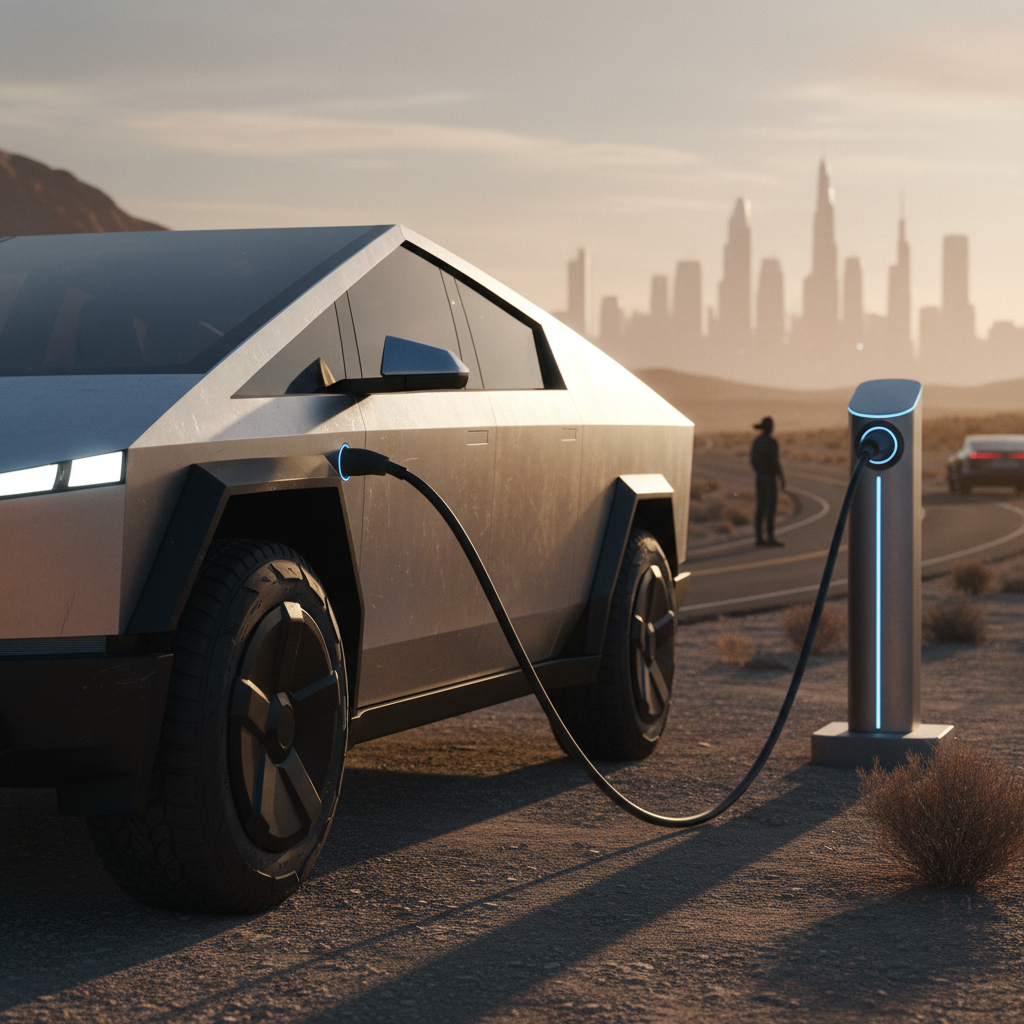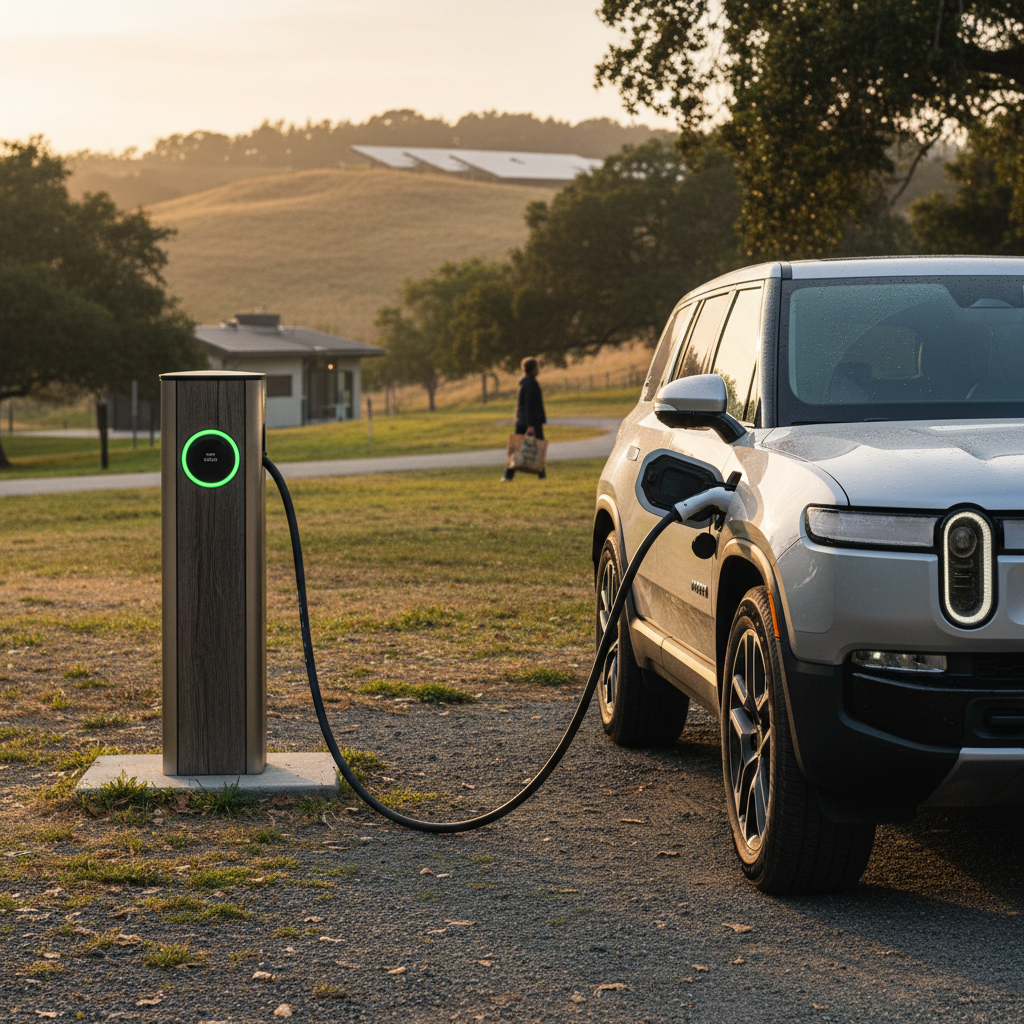You can still get an excellent car for under $20,000 in 2025, you just can’t afford to be naïve about it. The best used cars under $20,000 aren’t the flashiest things on four wheels; they’re the ones that quietly rack up miles, shrug off abuse, and don’t bankrupt you on fuel, repairs, or (in the case of EVs) a surprise battery bill.
About This Guide

Why $20,000 Is the Sweet Spot for Used Cars in 2025
What $20,000 Buys You in 2025
At around $20,000, the used market opens up in a way that $10,000 simply can’t touch. You’re now shopping cars that still feel modern inside, with touchscreens, phone mirroring, decent crash ratings, and, crucially, years of road life left. In many cases you can even step into a hybrid or full electric vehicle without stretching the budget.
Think Holistically, Not Just Sticker Price
How to Shop Smart for a Used Car Under $20K
Three Rules That Save You Thousands
Use these as your North Star when comparing used cars under $20,000.
Prioritize Reliability
Toyota, Lexus, Honda, Mazda and Kia consistently score well in long‑term reliability rankings. A boring car that always starts is a luxury in disguise.
Check Safety & Tech
Look for standard automatic emergency braking, blind‑spot monitoring and a decent IIHS/NHTSA crash record. Don’t settle for 10‑year‑old safety tech if you don’t have to.
Insist on Documentation
Service history, title status, accident reports, and for EVs, battery health data. At Recharged, every EV comes with a Recharged Score Report so you aren’t guessing about battery life or pricing fairness.
Beware of the “Too Good to Be True” Deal
Best Small Sedans Under $20,000
If you just want something honest that sips fuel and doesn’t break, the humble compact sedan is still the gold standard. These picks show up again and again in reliability rankings and “best used car” lists.
- 2019 Hyundai Elantra – A perennial value champ. Later trims (SEL and up) often include forward collision warning, automatic emergency braking, lane‑keeping assist, blind‑spot monitoring, and Apple CarPlay/Android Auto. Typically well under $20K with reasonable miles.
- 2017–2021 Toyota Corolla / Corolla Hybrid (2021) – The regular Corolla is a cockroach: unkillable, everywhere, and not particularly glamorous. The 2021 Corolla Hybrid layers on 40+ mpg and Toyota’s bulletproof hybrid system, and clean examples often slot just under $20K.
- 2018–2020 Honda Civic – A little sharper to drive than Corolla or Elantra, with a spacious interior and excellent resale. Pay attention to maintenance history on the 1.5‑liter turbo; neglected oil changes are not your friend.
- 2017 Chevrolet Cruze – Not glamorous, but a sweetheart on the highway and often cheaper than Japanese rivals. Later model years improved reliability; look for clean history and avoid cars with sketchy transmission service records.
Who Should Buy a Small Sedan?
Best SUVs and Crossovers Under $20,000
SUVs and crossovers are where America actually lives now, kids, dogs, Costco runs, the whole tableau. Under $20K, you’re not getting a brand‑new three‑row palace, but you can get a safe, modern, family‑ready machine.
Standout SUVs Under $20K
Compact to three‑row options that deliver practicality without killing your budget.
2021 Kia Sportage (Compact SUV)
One of the best small SUVs under $20K. You’ll see them clustered around the mid‑teens to high‑teens, often still with warranty coverage. Comfortable ride, intuitive infotainment, and decent reliability scores.
- Best for: Young families, snow‑belt drivers who want available AWD.
- Avoid: Neglected fleet cars with heavy wear.
2018 Honda HR‑V (Subcompact SUV)
Tiny footprint, surprisingly huge cargo area. The Magic Seat in back folds every which way, making it a favorite for city dwellers and weekend warriors.
- Best for: Urban drivers who haul bikes, pets or gear.
- Watch for: CVT fluid changes at proper intervals.
2016–2020 Mazda CX‑9 (3‑Row SUV)
When you need three rows but refuse to drive something soulless. The CX‑9 drives like an overgrown wagon, with a tasteful interior and strong safety scores. Earlier model years with higher miles now dip toward $20K.
- Best for: Families who road‑trip and actually enjoy driving.
- Watch for: Service records on the turbocharged engine.
2015 Toyota Tacoma (Pickup)
Not an SUV, but worth mentioning. Mid‑2010s Tacomas under $20K tend to have miles on them, but their reputation for durability and resale is unmatched. Perfect for people who need a truck but can’t stomach new‑truck prices.
- Best for: Home projects, light off‑road, outdoor hobbies.
- Reality check: You’ll sacrifice comfort and fuel economy.
SUVs Cost More to Run
Best Used Hybrids Under $20,000
Hybrids are the closest thing we have to cheating at the gas station. Under $20K, you’re mostly looking at compact and midsize sedans, plus a few SUVs that have finished their first life as family haulers and are ready for round two.
- 2017–2018 Toyota RAV4 Hybrid – A unicorn in the used market: an SUV that’s both practical and relatively frugal. Earlier model years with moderate miles now slip below $20K. Prioritize examples with documented Toyota dealer service.
- 2017 Honda Accord Hybrid – Quiet, spacious, 40+ mpg in real use when driven calmly. It’s the anti‑status symbol, nobody will applaud you at Cars & Coffee, but your fuel budget will notice.
- 2020–2021 Toyota Corolla Hybrid – Essentially a Corolla that decided paying for gas is for other people. Excellent reliability reputation and straightforward mechanicals.
- 2019–2021 Hyundai Ioniq Hybrid – One of the efficiency champs on the road, often exceeding 50 mpg. Less name recognition than Toyota, which can work in your favor on pricing.
How to Test‑Drive a Hybrid
Best Used Electric Cars Under $20,000
Because early EVs depreciated hard, the under‑$20K bracket is suddenly rich with electric cars, especially if you’re okay with an older model or shorter range. The trick is separating a smart bargain from a future battery bill. That’s exactly what companies like Recharged exist to help with: every EV we sell comes with a detailed battery health report and fair market pricing so you know exactly what you’re buying.

Standout Used EVs Around or Under $20K
Exact prices vary by mileage and market, but these models routinely show up near the $20,000 mark.
Hyundai Kona Electric
Compact crossover EV with usable real‑world range and a reputation for solid value. Many 2019–2021 models now flirt with or dip below $20K.
- Range: Roughly 200+ miles when new; expect some degradation with age.
- Why buy: Great city car, easy to park, often still within battery warranty.
Kia Niro EV
Practical hatchback‑ish crossover with a roomy cabin and long warranty coverage. Aggressive depreciation makes it one of the best deals in the used EV world.
- Range: About 200+ miles when new.
- Sweet spot: One‑owner cars with complete service history.
Chevrolet Bolt EV (2017–2021)
Ugly‑cute styling, excellent efficiency, and surprisingly quick off the line. Post‑battery‑recall cars with new packs can be terrific value under $20K.
- Range: 200–250 miles depending on year.
- Non‑negotiable: Verify recall battery replacement and warranty status.
Nissan Leaf (2nd Gen)
Shorter‑range than the cars above, but dirt cheap. Great as a second car or local commuter.
- Range: ~150 miles on standard battery when new, less today.
- Best use: Urban errands, short commutes, access to HOV lanes where applicable.
The Big EV Caveat: Battery Health
Comparison Table: Top Picks Under $20K
Snapshot: Gas, Hybrid, and EV All‑Stars Under $20K
Approximate used pricing for typical mileage and condition as of late 2025. Local markets will vary.
| Model | Type | Typical Used Price* | Strengths | Watch Outs |
|---|---|---|---|---|
| 2019 Hyundai Elantra | Gas sedan | $13K–$17K | High value, modern safety tech, efficient | Skip cars with spotty maintenance |
| 2021 Kia Sportage | Gas SUV | $15K–$19K | Family‑friendly, available AWD, good reliability | Higher fuel and tire costs vs sedan |
| 2017 Honda Accord Hybrid | Hybrid sedan | $13K–$18K | Spacious, 40+ mpg, comfortable | Battery age, dealer service history |
| 2018 Toyota RAV4 Hybrid | Hybrid SUV | $18K–$20K | SUV practicality with hybrid efficiency | Tight supply; be patient for clean examples |
| Hyundai Kona Electric | EV crossover | $16K–$20K | City‑friendly size, solid range | Battery health, DC fast‑charge history |
| Chevy Bolt EV | EV hatchback | $14K–$19K | Quick, efficient, lots of tech | Confirm recall battery replacement and warranty |
| Nissan Leaf (2nd gen) | EV hatchback | $10K–$16K | Very cheap entry to EV ownership | Limited range, faster battery degradation in hot climates |
Use this as a starting point, your actual search should focus on individual vehicle history and inspection results.
*About Prices
Inspection Checklist for Any Used Car (Gas, Hybrid, or EV)
Pre‑Purchase Checklist Under $20K
1. Pull the History Report
Ask for a CARFAX or similar report. Look for clean title status, regular servicing, and avoid cars with airbag deployments, flood branding, or recurring accident history.
2. Inspect the Exterior and Undercarriage
Uneven panel gaps, mismatched paint, or corrosion underneath can signal past damage or life in the Rust Belt. Walk away from serious rust, repair bills climb fast.
3. Check the Interior for Use, Not Just Miles
A car with low miles but a trashed cabin has probably lived a hard life. Worn pedals, sagging seats, broken trim and lingering smells tell you more than the odometer does.
4. Test Every Button and Screen
Infotainment, backup camera, power windows, driver‑assist tech, if it’s there, it should work. Modern electronics aren’t cheap to fix.
5. Drive It Like You’ll Actually Use It
Cold start, highway merge, hard brake, parking‑lot crawl. Listen for clunks, whines, and vibrations. A good car feels coherent; a bad one feels like a collection of spare parts.
6. For EVs: Get Battery Health Data
Ask for a recent battery health scan or a Recharged Score Report. You want a clear picture of remaining capacity, fast‑charge performance, and any thermal management issues.
Always, Always Get an Independent Mechanic
Financing, Insurance, and Total Cost of Ownership
Financing a Sub‑$20K Car
Under $20,000, the monthly payment can look deceptively small, and that’s how people end up overpaying on interest. Shorter terms cost more per month but usually save thousands over the life of the loan.
- Compare rates from banks, credit unions, and online lenders.
- Aim for the shortest term your budget can handle.
- Consider the age of the car; very old vehicles can be harder to finance.
Recharged offers financing on used EVs with transparent, online terms, so you can see your payment and total cost before committing.
Insurance and Ongoing Costs
Two nearly identical cars on paper can cost wildly different amounts to insure and maintain.
- Get insurance quotes on specific VINs before you buy.
- Factor in fuel (or electricity), tires, and routine service.
- Hybrids and EVs often save on fuel but may have higher comprehensive premiums.
Look at total cost over 3–5 years, not just the purchase price, when comparing vehicles.
When an EV Wins the Math
FAQ: Best Used Cars Under $20,000
Frequently Asked Questions
Final Thoughts: Choosing the Right Sub-$20K Car for You
The best used cars under $20,000 aren’t defined by horsepower numbers or badge prestige. They’re defined by how little drama they bring to your life: they start every morning, protect the people you care about, and don’t consume your paycheck in silence. For some drivers that’s a modest compact sedan; for others it’s a three‑row SUV, a hybrid workhorse, or an electric commuter that never visits a gas station again.
Set your priorities, space, efficiency, fuel type, driving feel, then shop systematically. Use history reports, independent inspections, and, if you’re buying electric, proper battery health diagnostics like the Recharged Score Report. Whether you end up in a humble Corolla or a used Kona Electric, a carefully chosen under‑$20K car can feel less like a compromise and more like a very smart decision.



